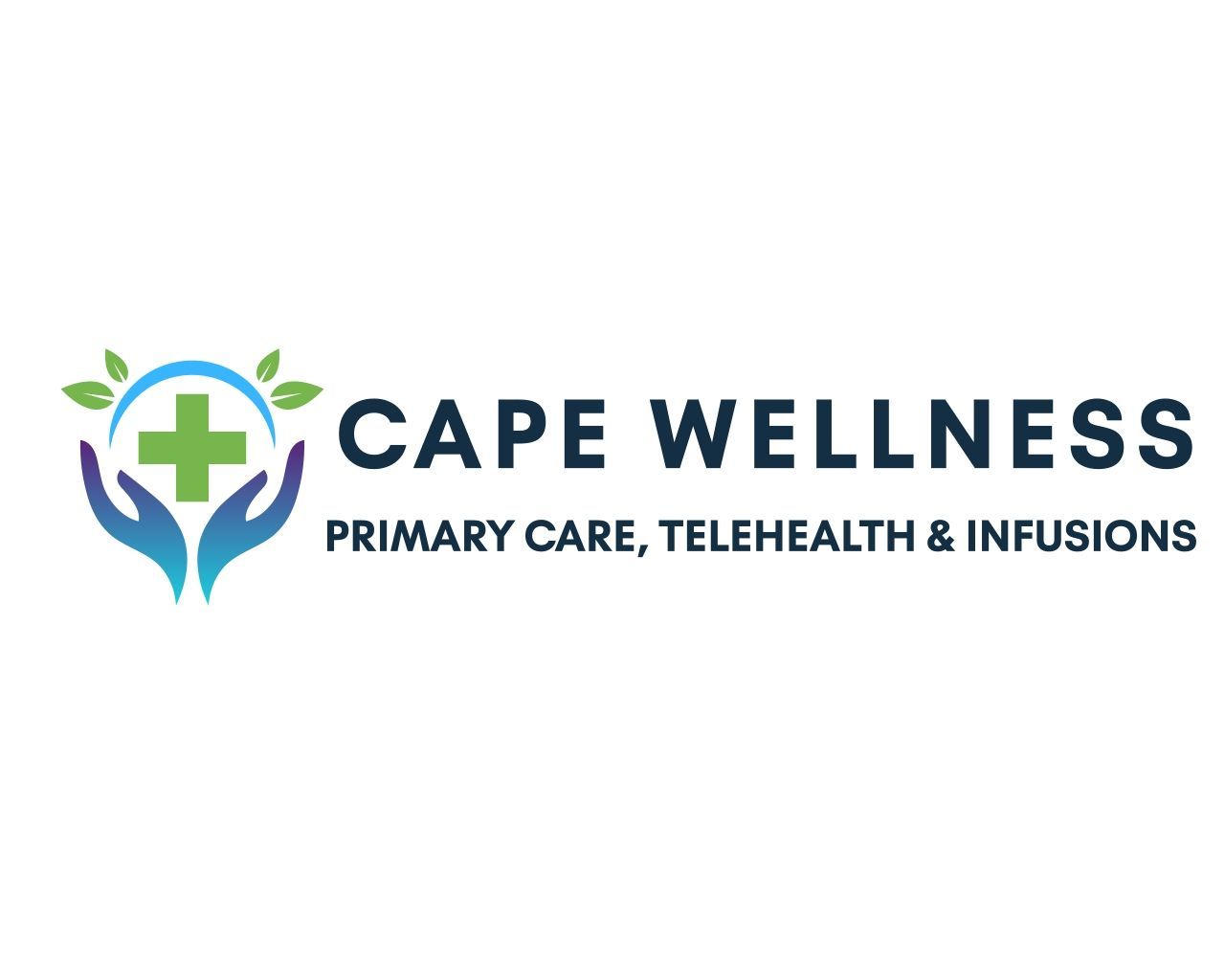The Rise of Autonomous Nurse Practitioners: Transforming Healthcare
Introduction to Autonomous Nurse Practitioners
A nurse practitioner (NP) is a registered nurse with advanced training and education. In addition to the degree needed to become a registered nurse, NPs also get master's or doctoral degrees. Furthermore, a Florida autonomous nurse practitioner has proven to the state of Florida that they have had enough independent experience under a physician (more then 3000 hours) in thier field to now practice autonomously without the need for oversight by or to be supervised by a physician.
A nurse practitioner is a nurse who is focused on providing evidence-based, empathic care to patients. Not only does this type of advanced practice nurse treat acute and chronic conditions—they also focus on preventive and holistic care.
Nurse practitioners and medical doctors share many of the same responsibilities. They can both diagnose, medically treat, and prescribe medications all while serving in the role as a primary care provider.
While doctors and nurse practitioners have many similarities, there are some notable differences. The biggest difference between the two is the amount of time spent on training. While NPs have more training than a registered nurse, they receive less training than a doctor.
An AUTONOMOUS nurse practitioner in the state of Florida, has been given signature authority the same as physician. These NPs have full practice authority, which means they can evaluate patients, order and interpret diagnostic tests, create and manage treatment plans, and prescribe medications—all without physician oversight.
Becoming an autonomous nurse practitioner requires rigorous education and training. NPs typically hold advanced degrees, such as a Master of Science in Nursing (MSN) or a Doctor of Nursing Practice (DNP). These programs equip them with the skills needed to perform comprehensive assessments, develop treatment plans, and collaborate effectively with other healthcare professionals.
Like a doctor, an autonomous nurse practitioner can:
- Diagnose and treat acute conditions
- Order diagnostic tests like X-rays or lab work
- Manage a patient's overall care
- Serve as a primary care provider
- Be board-certified in specialties like family practice or woman's health.
- Write prescriptions including controls (with a DEA license)
- Order home health and DME equipment
- Sign death certificates
- Admit, attend and discharge to hospital (if they have privileges' at that hospital)
- At this time, Autonomous nurse practitioners cannot write scripts for medical marijuana.
